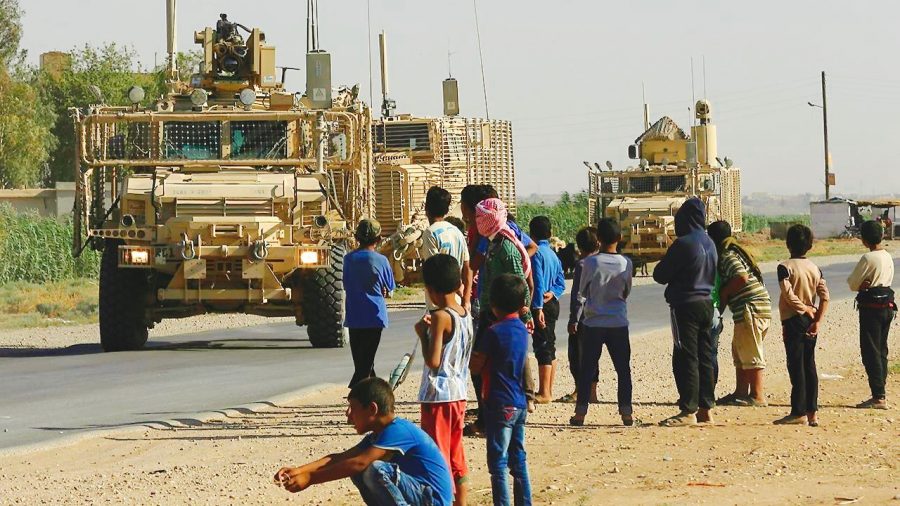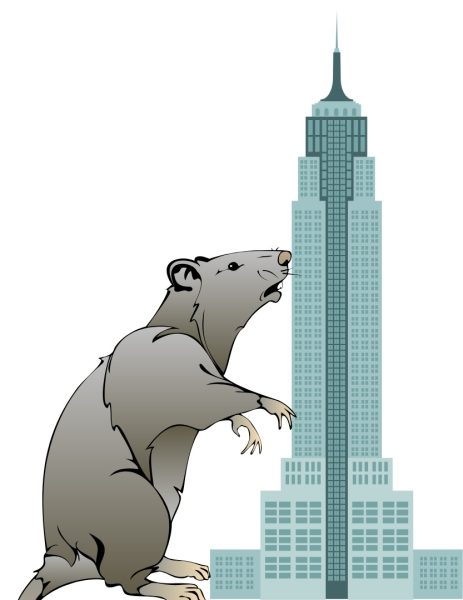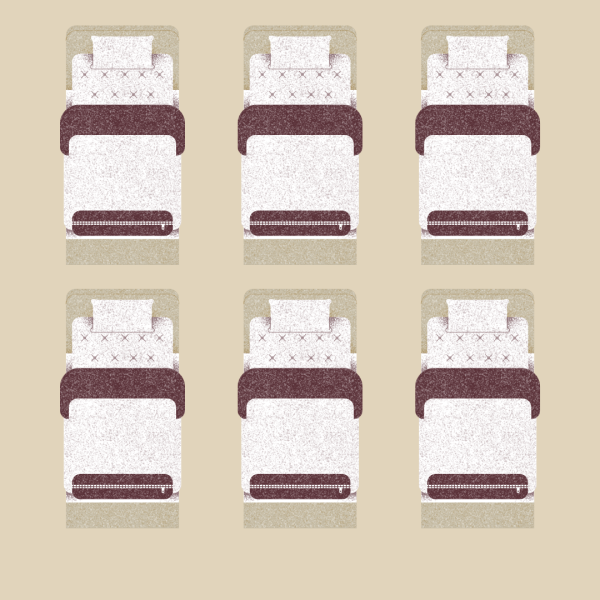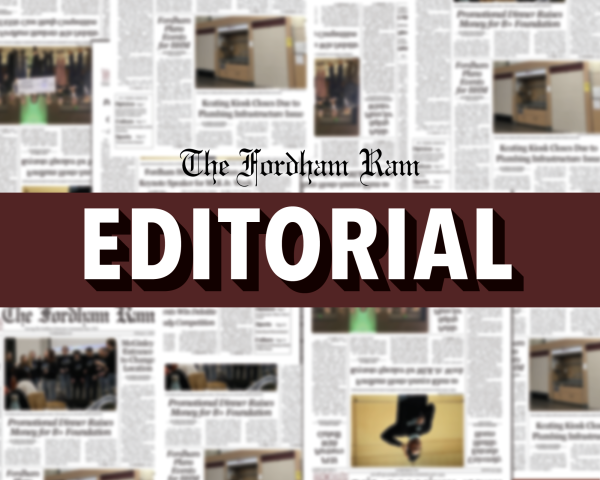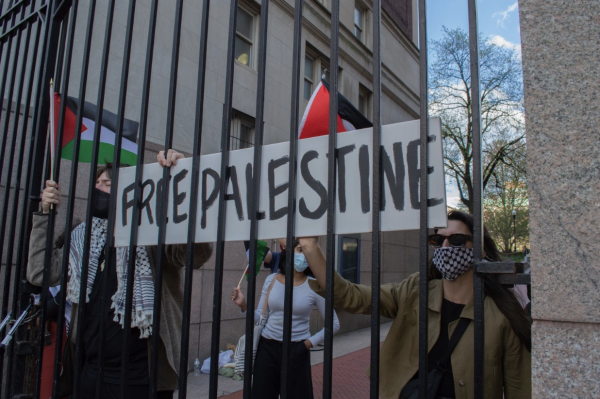Defend the Kurds
By Timothy Kyle
On Dec. 19, President Trump made a surprise announcement that ISIS had been defeated and that U.S. troops would return home from Syria “as soon as possible.” The fallout from the announcement was far-reaching – it led to the resignation of Secretary of Defense James Mattis and intense political drama. However, the inflammatory nature of the remarks and the continuing controversy surrounding the Trump administration threatens to obscure the complex geopolitical consequences of our withdrawal. Without American troops to shield them from potential Turkish aggression, the fate of our allies in the fragile Kurdish state hangs in the balance. It is our duty to protect those who have fought and sacrificed alongside us, and if Trump’s administration continues with the withdrawal plan, it must recognize this.
The history of the Kurds is one of oppression, marginalization and struggle. The largest ethnic group in the world without their own state, the Kurds are native to the central Middle East and form minorities in countries like Syria, Iraq and Turkey. The Kurds are unique in a region seemingly packed with Islamist warlords and brutal dictators for their commitment to democracy and secularism. The Kurdish state, called Rojava, formed out of the Syrian civil war. Independent in all but name, Rojava is a decentralized democratic entity governed according to a form of libertarian socialism that guarantees gender equality and pluralism. This is all the more reason for the United States to protect the Kurds.
The crux of the conflict threatening to engulf Rojava, should the US military teams embedded in the Kurdish militias return home, stems from the threat of Turkey. The Turkish president, Recep Tayyip Erdogan, has unfounded concerns that the Kurdish People’s Protection Groups (YPG) of Rojava will launch attacks against Turkey in support of their fellow Kurds across the border. Turkey’s posturing masks their true fear; that a Kurdish state in Syria will motivate the long-oppressed Turkish Kurds to agitate for greater autonomy, or worse, an independent country of their own. Erdogan sees the very existence of Rojava to be a threat to Turkey’s territorial integrity.
The fact remains that Turkey is the belligerent in this situation by waging a decades-long war and imposing what is tantamount to cultural genocide on its Kurdish citizens. It wouldn’t be a leap to assume that the Kurds would be angered by Erdogan’s increasingly autocratic government. President Erdogan has already announced that the Turkish military, which has been making small incursions to strike at Kurds in Syria for years, would begin a large-scale operation against the Rojava militias in Northeast Syria. A phone call with President Trump led him to delay the operation for “a few months.” There is no doubt that Turkey will use the departure of the U.S. military as an opportunity to attack our Kurdish allies and crush their nascent democracy.
It is, therefore, imperative that President Trump and our partners in Syria take steps to prevent Turkish aggression and protect the Kurds of Rojava from the same fate as their brethren in Turkey, who have been subjected to generations of oppression and state-sponsored terrorism. It is as much a pragmatic as it is an ideological necessity. In Syria, the Kurds are one of the few groups that has consistently fought and defeated ISIS and other Islamist militants without succumbing to extremism themselves. Trump should make it clear to our Turkish “allies” that attacks against the Kurds in Syria will not be tolerated, on penalty of economic sanctions against key Turkish officials and corporations, or by applying diplomatic pressure in the United Nations.
Though it is unlikely with President Trump’s newly isolationist policy towards the Syrian conflict, keeping US Special Forces embedded in Kurdish militias would also serve as an effective deterrent. Encouraging talks between the Kurds and the Syrian government of Bashar al-Assad for mutual protection and assistance might be another path moving forward.
As the United States puts in more concrete plans to withdraw from Syria, it is important we continue to protect our local partners and those who have fought with us. We cannot simply desert the Kurds because our priorities have shifted. America has a long history of hanging regional allies out to dry once their assistance is no longer necessary. If we persist in this trend in Syria, we abandon the Kurds of Rojava to instability, war and death.
Timothy Kyle, FCRH ’21, is a political science major from West Hartford, Connecticut.

